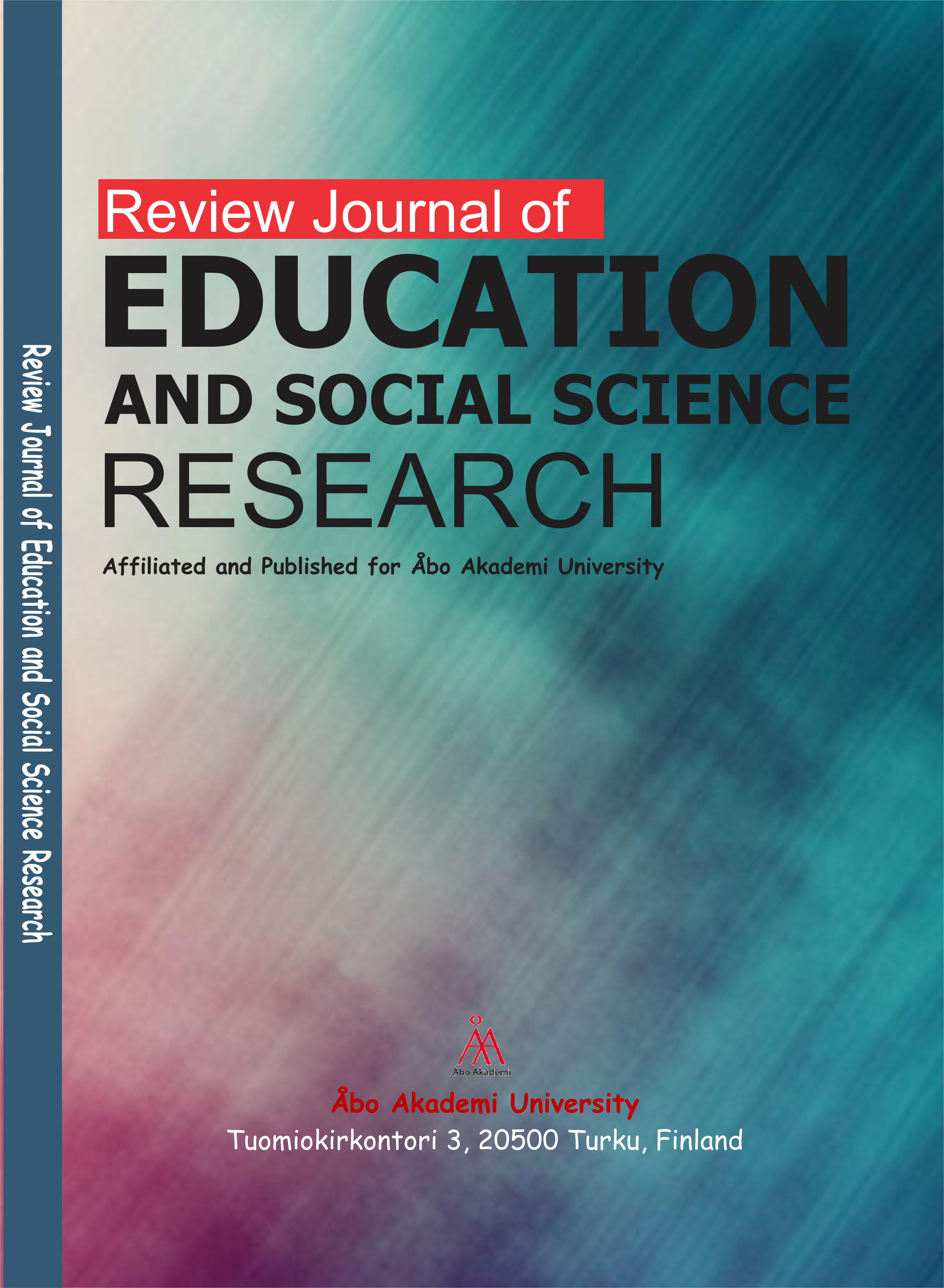Review Journal of Education and Social Science Research (RJESSR)
Investigating the Relationship between the Skill of Observing a Scientific Phenomenon and Solving a Problem by School Kids in Remote Areas of Mongolia
E-ISSN: 2437-3594
P-ISSN: 2447-6546
DOI: https://iigdpublishers.com/article/822
The purpose of this study is to develop a questionnaire to test and detect the ability of 7thgrade students to independently solve problems and observe scientific phenomena, and to study the correlation between these abilities. The skill of problem-solving is one of the most important abilities of the 21st century and the key to exploring the ability to observe and learn. Also, it has a strong relation with consciousness, thinking, and interactions with others. Out of Bulgan, Huvsgul, and Orkhon provinces of Mongolia, 324 public school 7th-grade students participated in this study. To perform this study, a 19-item questionnaire was developed to investigate the skills of observation skill and solving a problem by students themselves, is based on the IDEAL model, and tested with the Varimax method (Table 1). Used the Pearson correlation method to find the relation between the skills of observing and solving a problem by students on their own (Table 3). From the results, the observation skill has identifying problems at 0.727 and the acting on the strategies at 0.712 which shows a strong positive correlation. Sub-factor reliability statistics Cronbach's alpha is at 0.721. From this, by showing scientific phenomena, developing children's skills to observe helps develop children's skills to solve a problem on their own.
Solongo Batdelger, Altangerel Balgan, Ulam-Orgikh Duger & Tsolmon Renchin
E. M. Stone, (2014). ―Guiding Students to Develop an Understanding of Scientific Inquiry: A Science Skills Approach to Instruction and Assessment,‖ CBE—Life Sci. Educ., vol. 13, no. 1, pp. 90–101, Mar., doi: 10.1187/cbe-12-11-0198. ―Assessing_for_Learning_II.‖
Ertmer, P. A., & Newby, T. J., (2013). ―„Behaviorism, Cognitivism, Constructivism: Comparing Critical Features from an Instructional Design Perspective.,‖.
G. E. Friedlaender & L. K. Friedlaender, (2013). ―Art in Science: Enhancing Observational Skills,‖ Clin. Orthop., vol. 471, no. 7, pp. 2065–2067, Jul., doi: 10.1007/s11999-013-3000-0.
H. Hasbullah & B. Wibawa, (2017). ―Analysis of Mathematics Students Ability in Learning Metacognitive Strategy Type Ideal (Identify, Define, Explore, Act, Look),‖ Int. Electron. J. Math. Educ., vol. 12, no. 3, pp. 859–872, Dec., doi: 10.29333/iejme/653.
J. Bransford & B. S. Stein, (2002). The ideal problem solver: a guide for improving thinking, learning, and creativity, 2. ed., 7th printing. New York: W. H. Freeman and Company.
